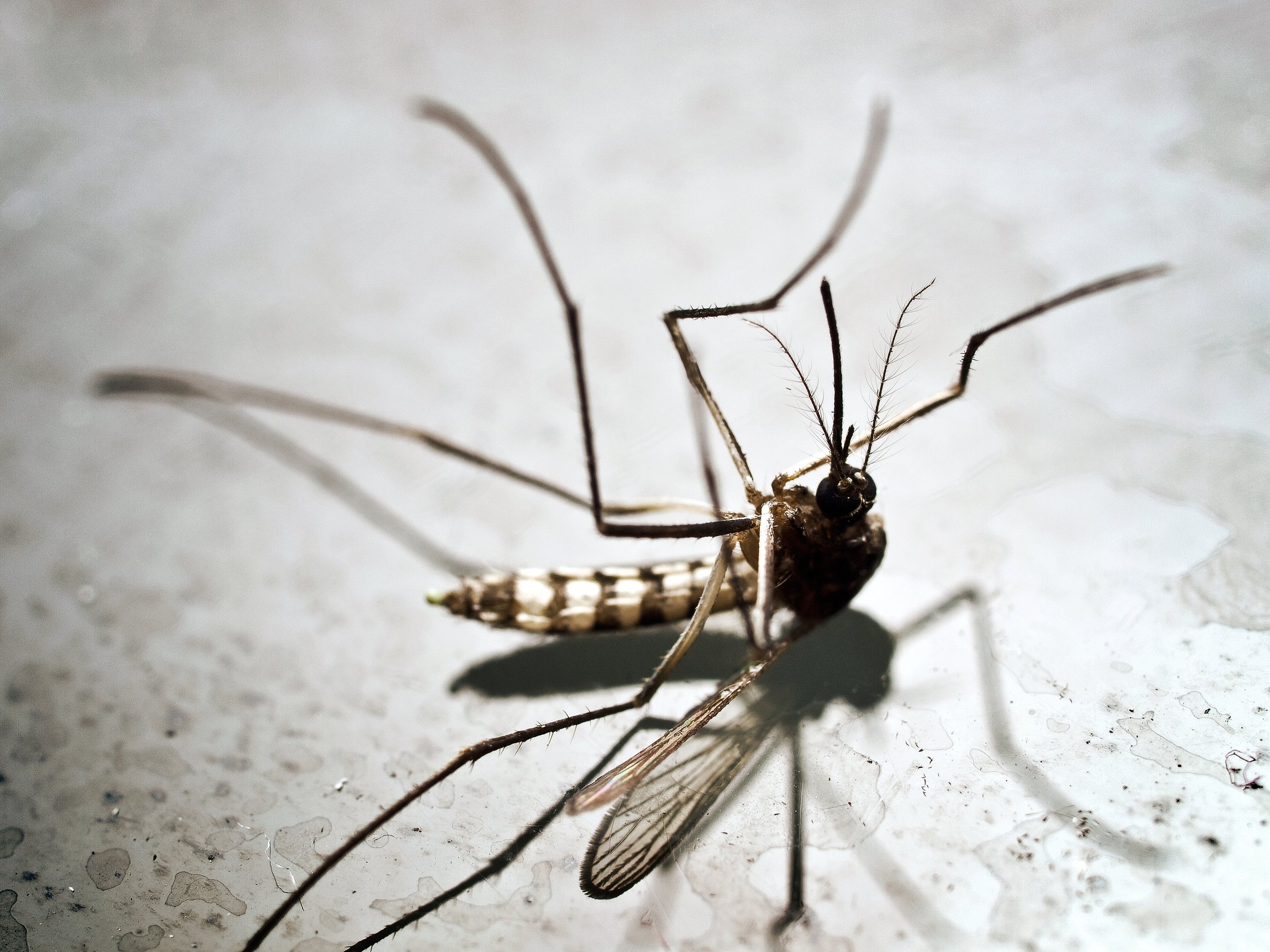
This year, 243 people in the U.S. became infected, but this is the first case of a disease believed to originate from a mosquito in the U.S.
Chikungunya is a disease caused by a virus that leads to fever, joint pain, headaches, swelling and rash. The infection is usually not fatal, but the pain can be debilitating.
“The arrival of chikungunya virus, first in the tropical Americas and now in the United States, underscores the risks posed by this and other exotic pathogens,” Roger Nasci, chief of CDC’s Arboviral Diseases Branch said in a statement.
The CDC is teaming up with the Florida Department of Health to confirm how the Florida man became infected and is monitoring the area for additional cases. The CDC believes that chikungunya in the U.S. will follow a similar pattern to that of the dengue virus, in which imported cases cause some local transmission, but did not cause a widespread outbreak. Public health officials are investigating how the mosquitoes were infected with the virus, including whether the insects acquired the virus by biting infected individuals. Since 2006, there have been an average of 28 cases a year of chikungunya infection; none of those cases have prompted an outbreak, however. Countries in Africa, Asia, Europe, India, the Middle East, and the French side of the Caribbean island of St. Martin have experienced outbreaks in the past and 23 countries have experienced local transmission of the virus in recent years.
The best way to stay protected from the virus is to keep mosquitoes at bay by wearing repellants and creating a physical barrier from being bitten, with long sleeves and pants when possible. Health officials also recommend getting rid of any standing water outside the home, where mosquitoes generally breed.
More Must-Reads from TIME
- Donald Trump Is TIME's 2024 Person of the Year
- Why We Chose Trump as Person of the Year
- Is Intermittent Fasting Good or Bad for You?
- The 100 Must-Read Books of 2024
- The 20 Best Christmas TV Episodes
- Column: If Optimism Feels Ridiculous Now, Try Hope
- The Future of Climate Action Is Trade Policy
- Merle Bombardieri Is Helping People Make the Baby Decision
Contact us at letters@time.com